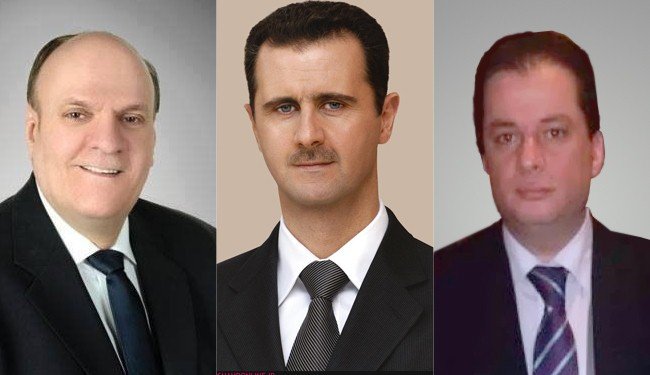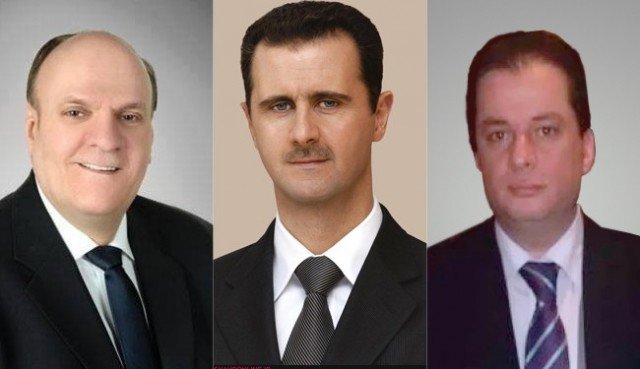
Syrians are voting in the country’s presidential elections amid heightened security.
The poll takes place three years into a civil war in which tens of thousands of people have died and millions more are displaced.
President Bashar al-Assad is widely expected to win a third seven-year term in office.
However, critics of the Syrian government have denounced the election as a sham.
Analysts say Syrian officials have gone to great lengths to present the vote as a way to resolve the crisis.
It is the first time in decades that more than one name has appeared on the ballot paper.

Correspondents say the other two candidates – Maher Hajjar and Hassan al-Nouri – are not widely known and have been unable to campaign on an equal footing with President Bashar al-Assad.
Previous presidential terms have been called through a referendum with just one member of the Assad family on the ballot paper.
Campaigning officially ended on Monday and workers across central Damascus removed banners, posters and pictures of the candidates.
PM Wael al-Halqi said the election was a “historic day” for Syria and that a large turnout would “prove to the entire world that the Syrian people have decided and are determined to make the electoral process a success”.
He urged Syrians to elect a president who would “achieve security and stability in the country… and step up the achievement of national reconciliation”.
The interior ministry says there are 15.8 million eligible voters, both inside and outside Syria, and about 9,600 polling stations have been set up around the country.
However, voting will only take place in government-held territory, with many parts of the country either under rebel control or in areas being fought over.
Opposition fighters have warned they will try to disrupt the vote and the Syrian National Coalition – the main Western-backed opposition group – is boycotting it.
Coalition leader Ahmad al-Jarba described the election as “theatre written with the blood of Syrians”.
He accused President Bashar al-Assad of planning to bomb and shell polling stations in order to blame the opposition.
Polling stations opened at 07:00 local time and close 12 hours later, although officials said voting could be extended for five hours if there is a big turnout.
[youtube pBG6x798bkU 650]
[youtube BS9vf2jFopM 650]